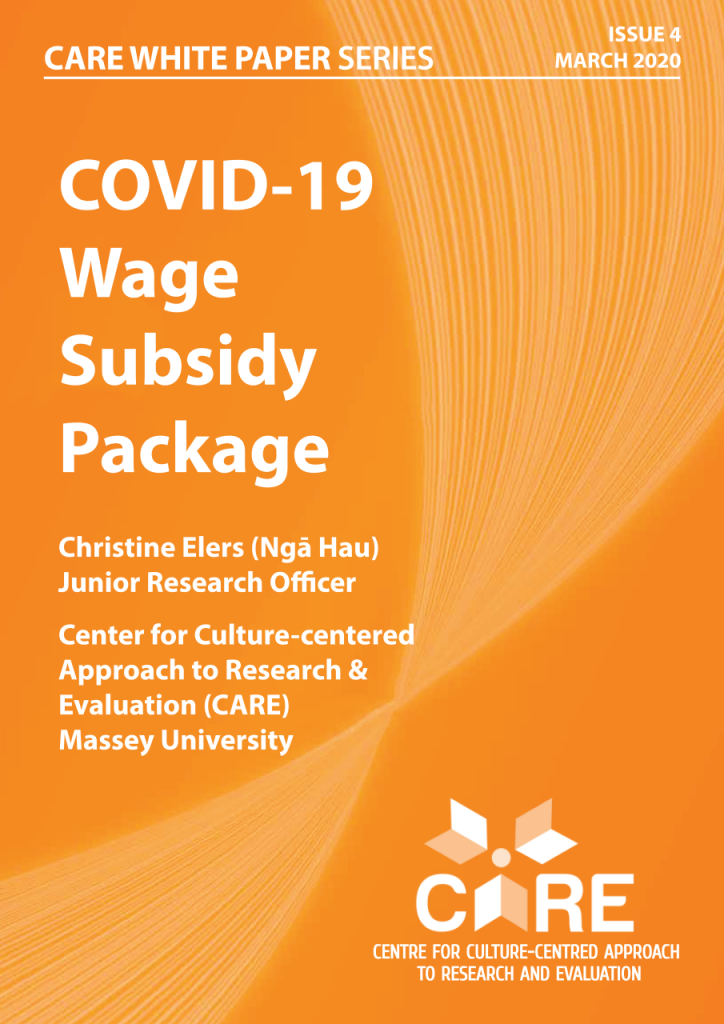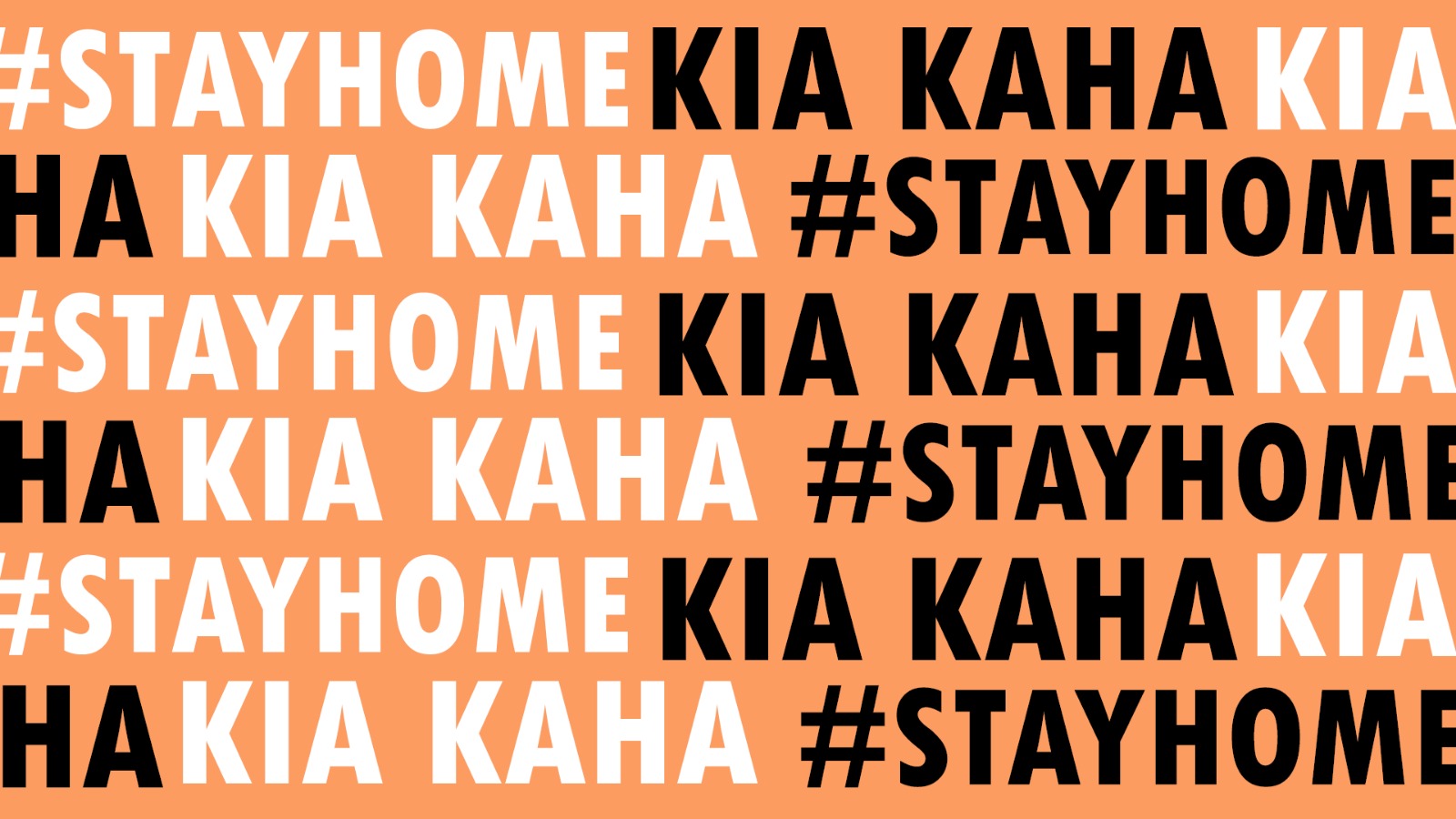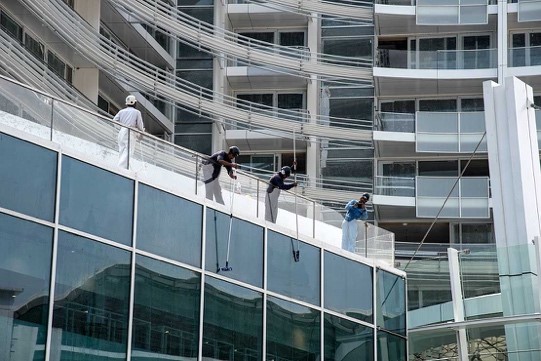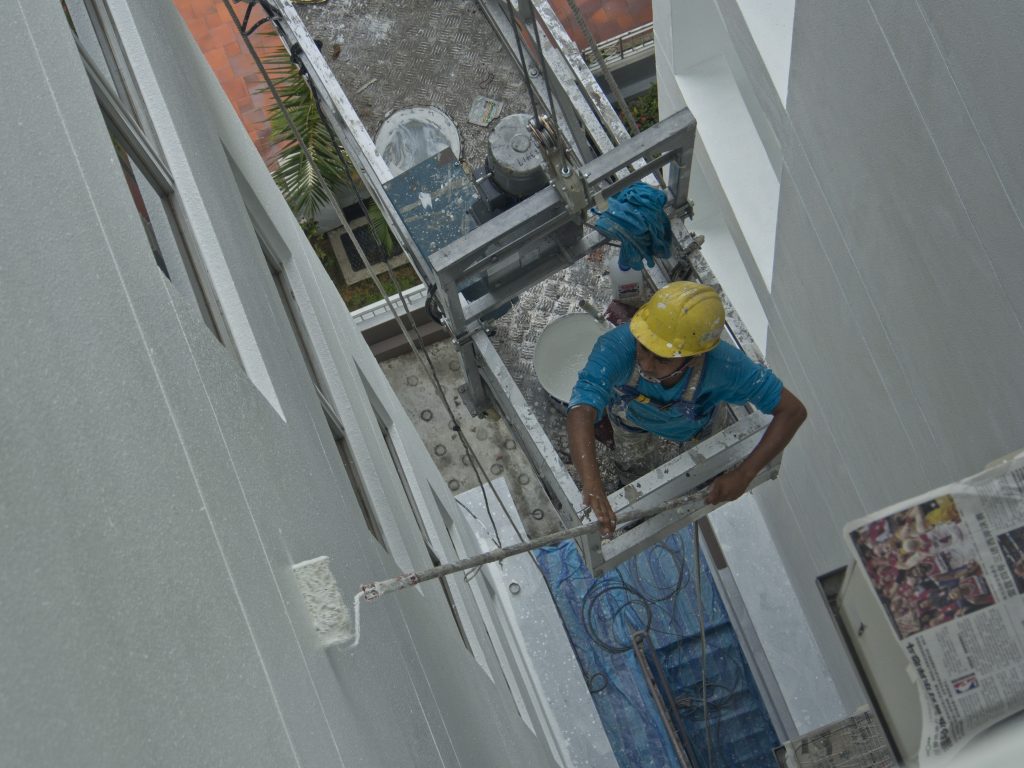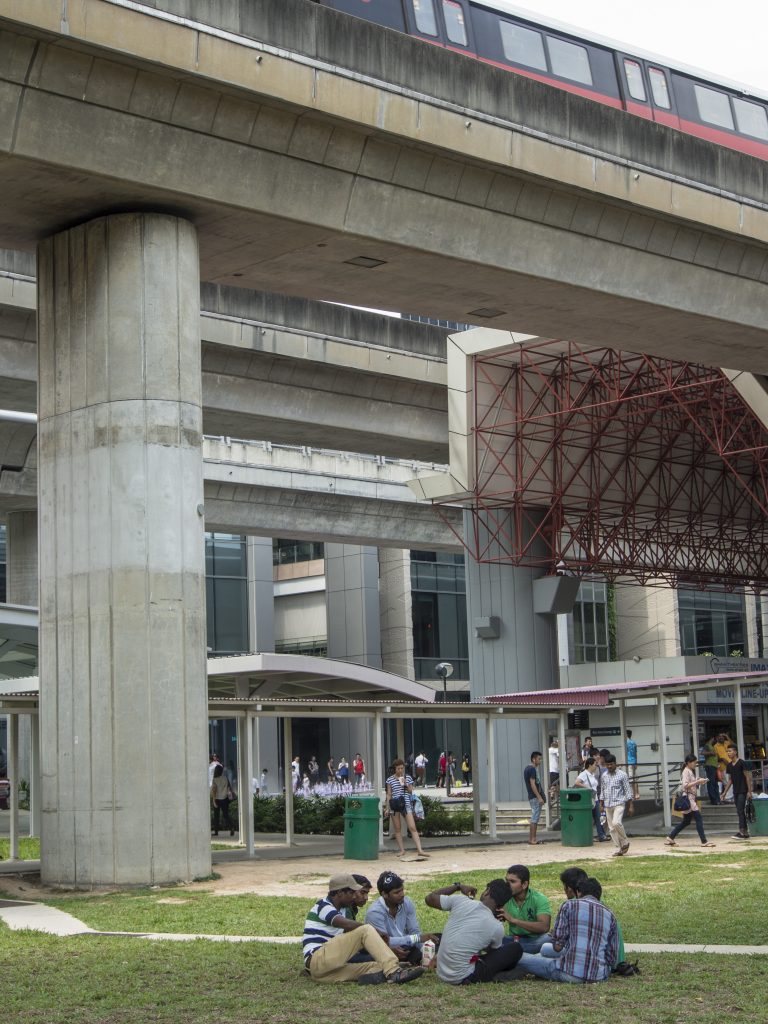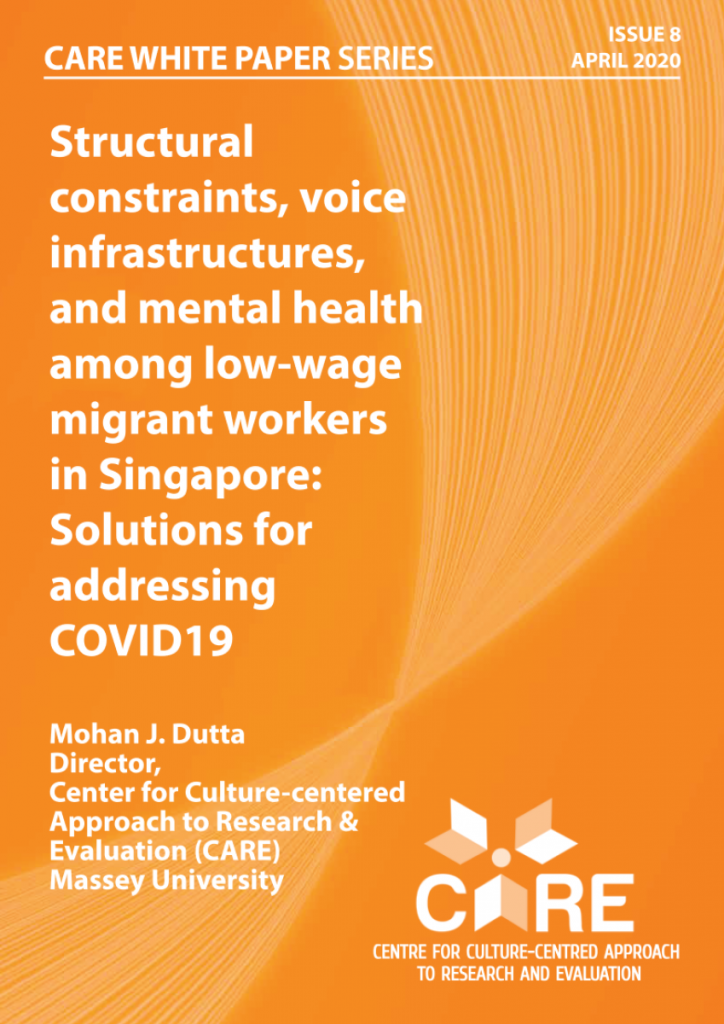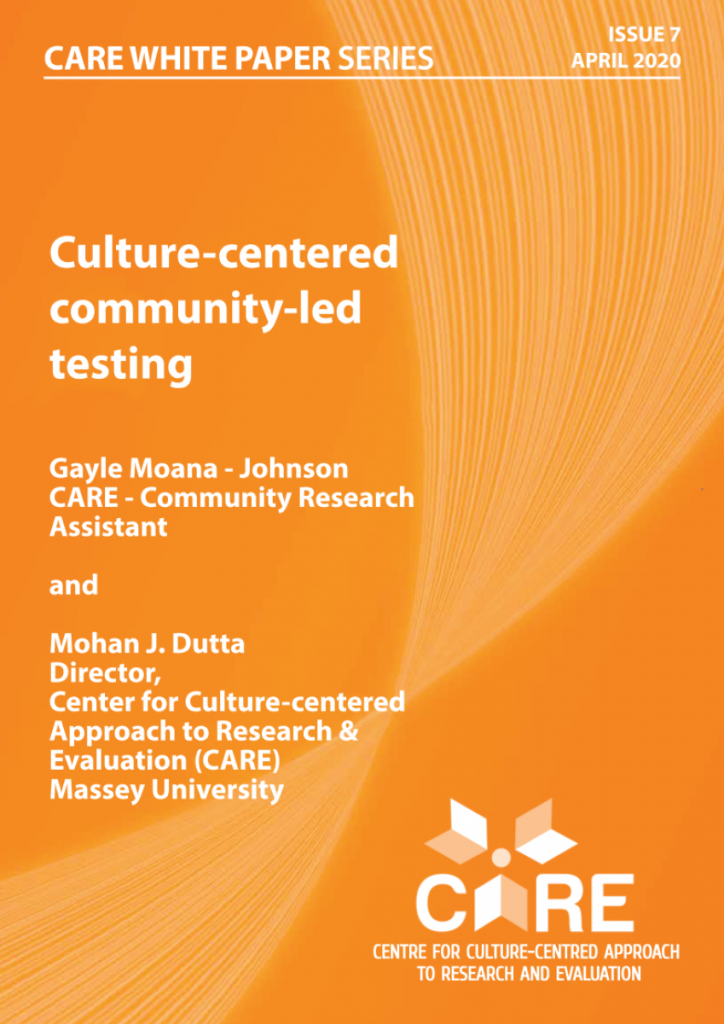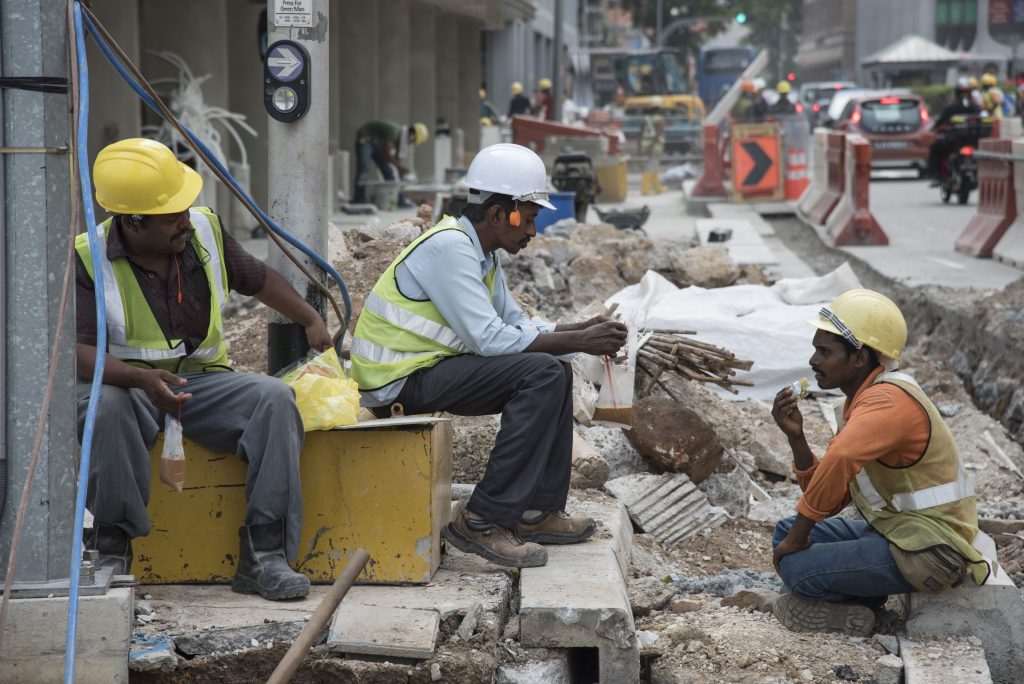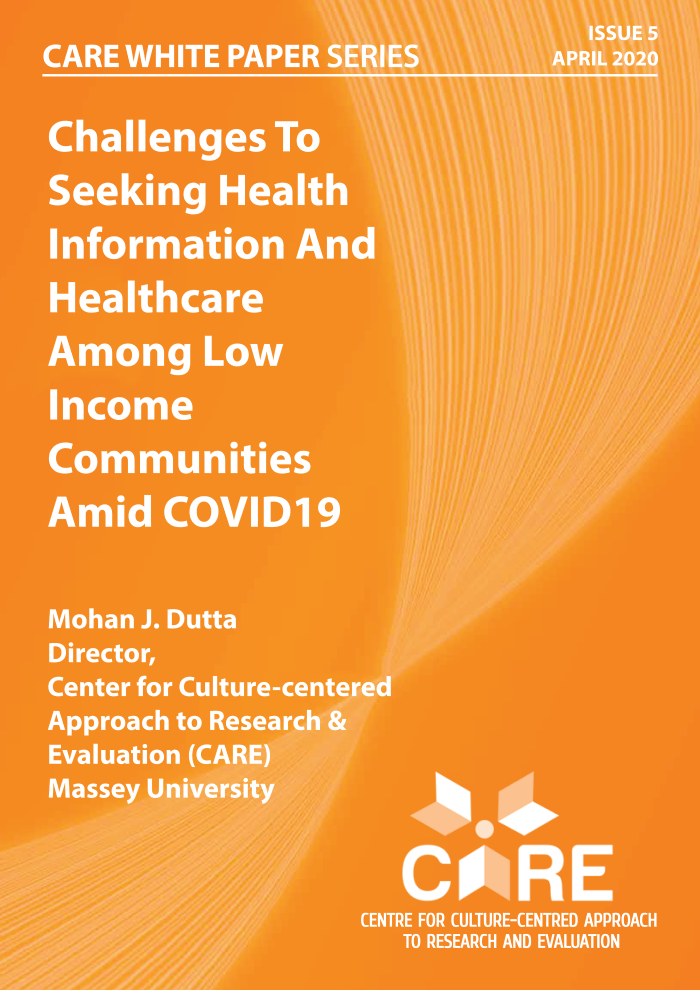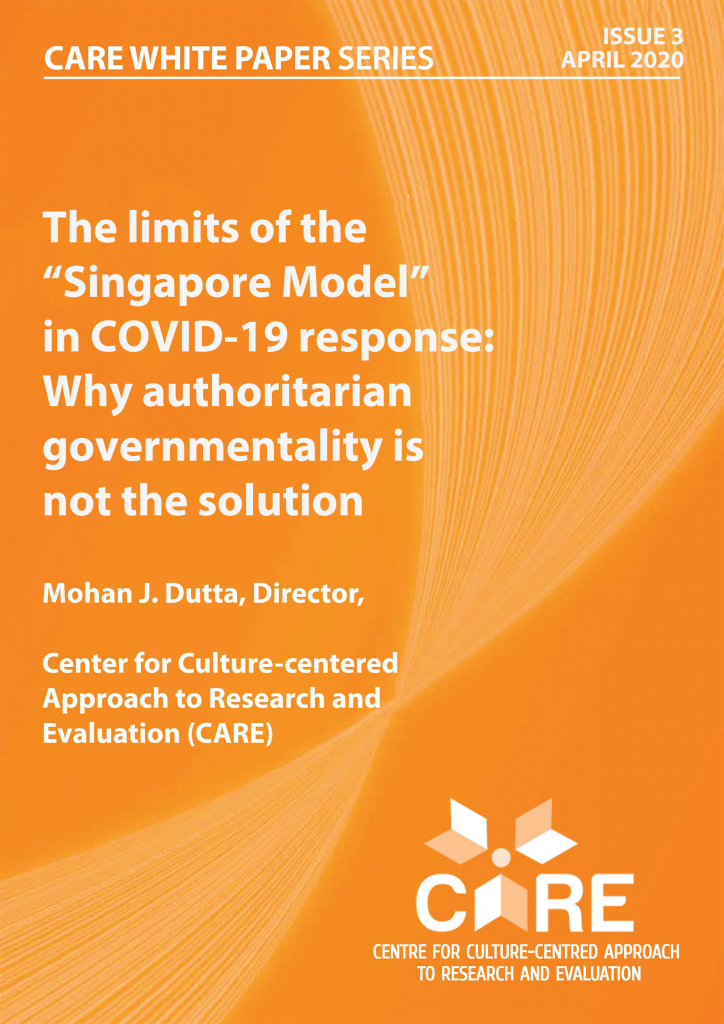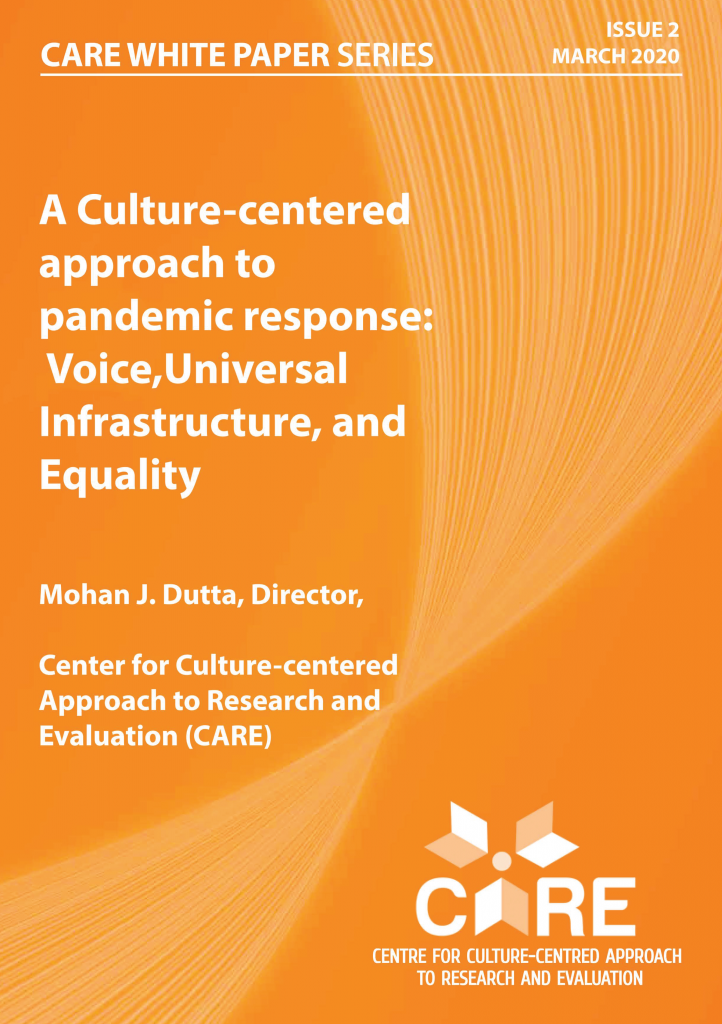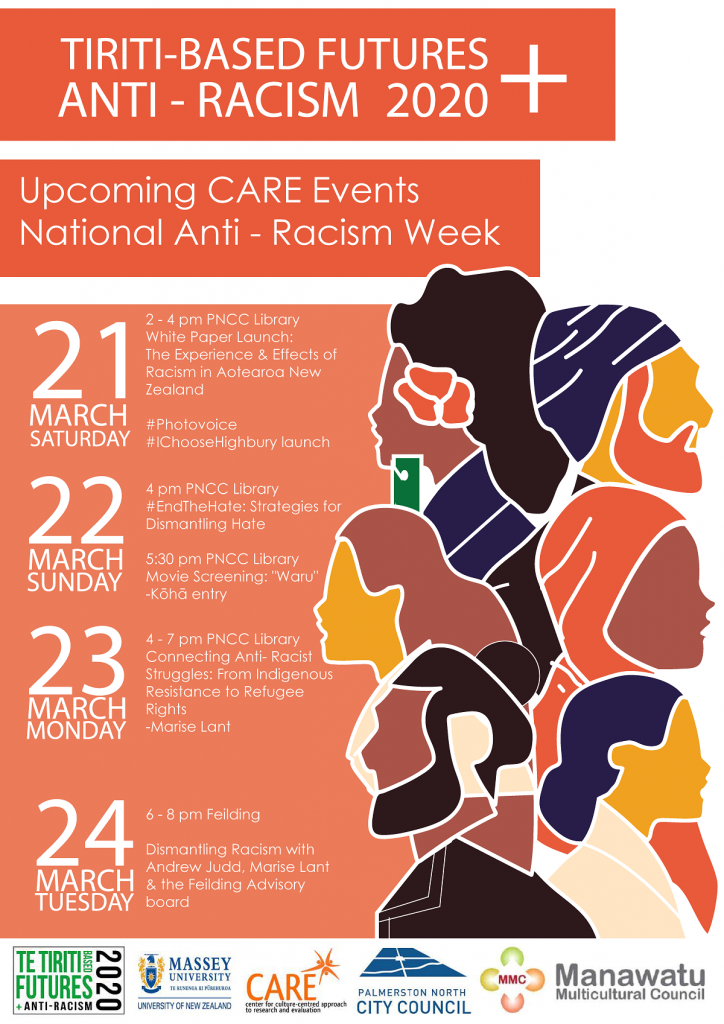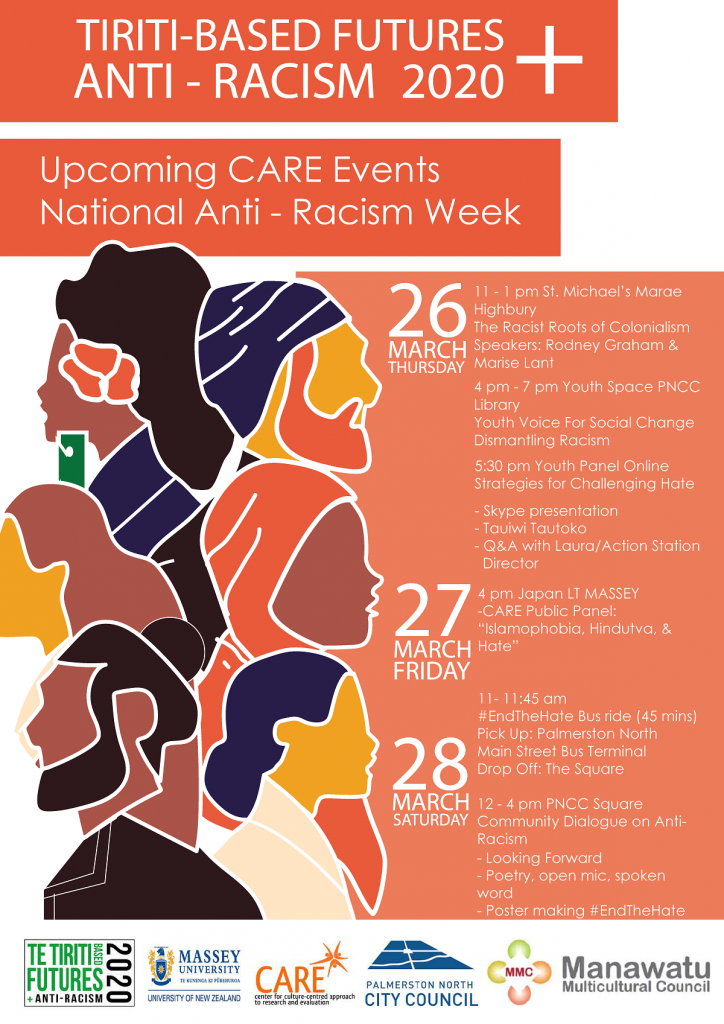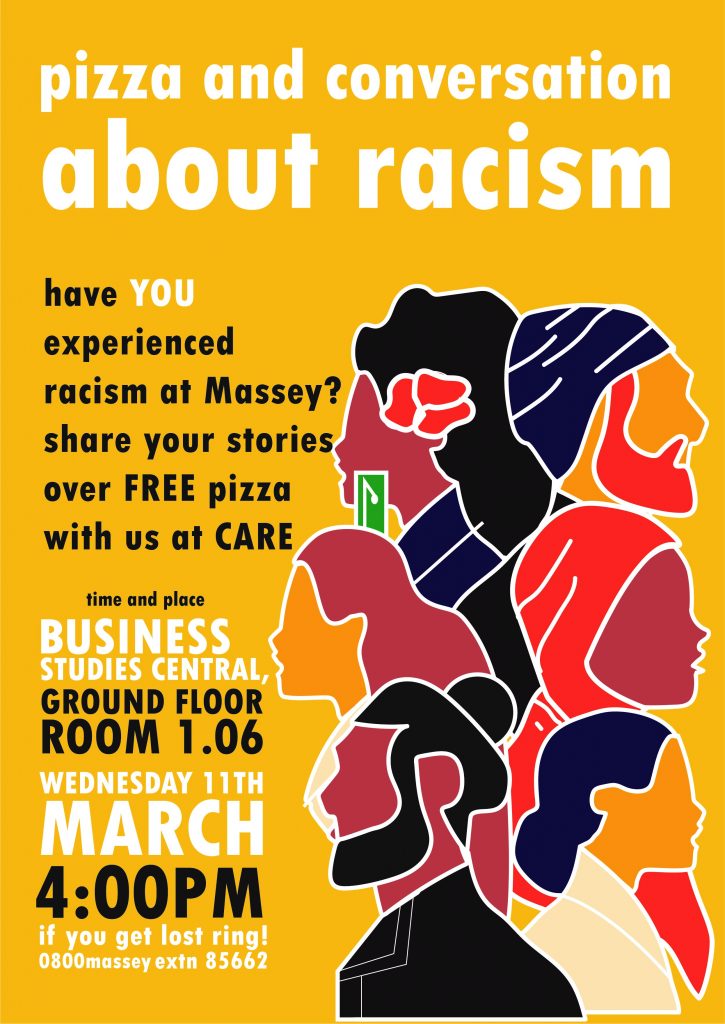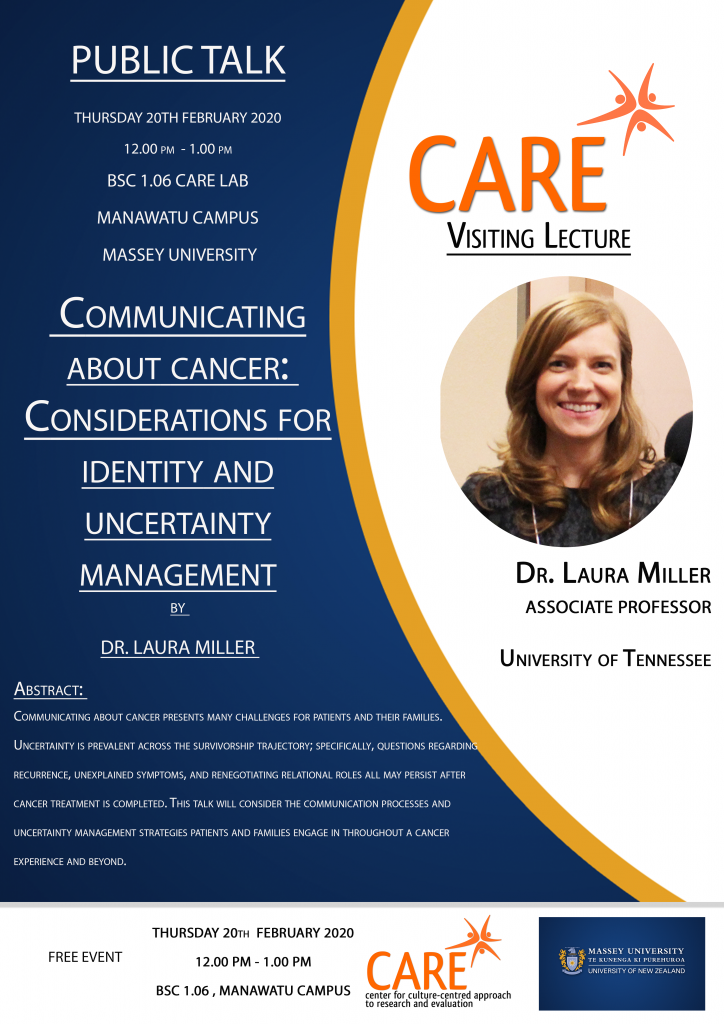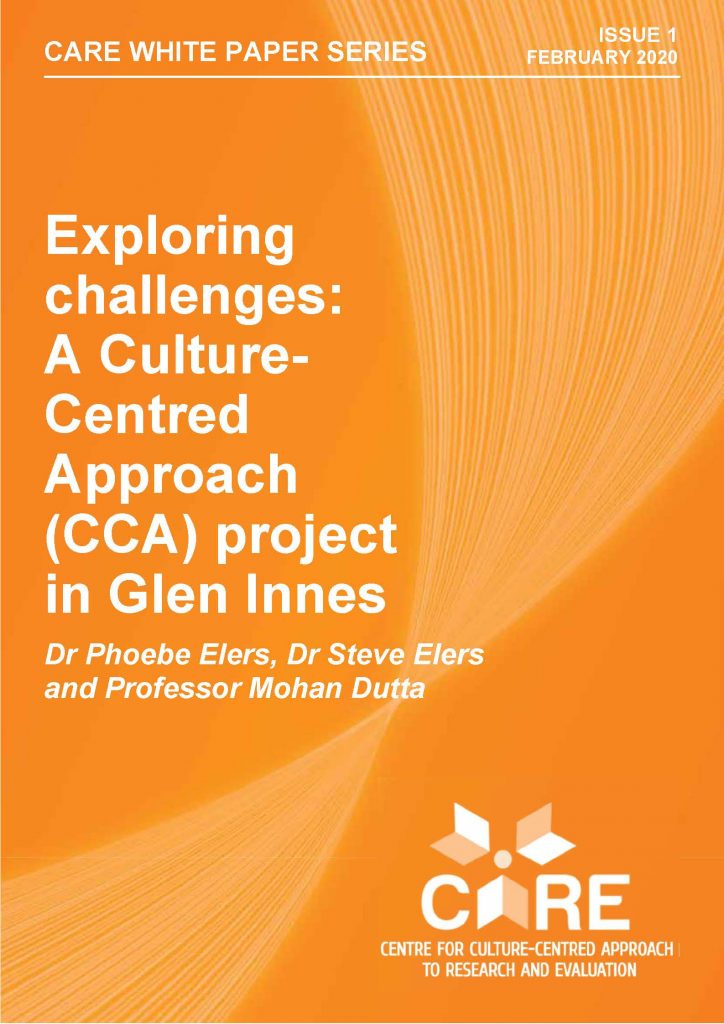CARE’s Activist-in-Residence Jolovan Wham has surrendered himself to serve a 1 week jail sentence today, March 31 2020, for criticising Singapore’s judiciary.
In his statement posted on Facebook, Jolovan voiced:
“I’m doing this in lieu of a 5k fine because I
do not recognise the legitimacy of the judgment and the law, both of which are
unjust.
It should never be an offence to speak your truth. Decades of
oppression and persecution have resulted in the normalisation of fear. It is so
normalised that we have become indifferent to
injustice, especially political injustice and threats to our civil rights. We
have shrugged it off so much that over time, we’ve become numb to it, instead
of feeling outraged.
If we can’t speak up, assemble
freely, and campaign without looking over our shoulders, the reforms we want
can only be done on the terms of those in power. We will have to wait for when
they are ready. All this could take years, decades, or never at all. Or we can
only pick issues which are considered ‘low hanging fruit.
All the levers of change are
controlled and those who don’t follow the script are persecuted. We are so
muted, we can only plead, but never make our demands as equals.
Acts of non-violent
resistance and disobedience has to be one of the tools we use to open up our
already shrinking civil and political space and to empower ourselves. It often
starts with one person, or a small group of people, but over time, with
persistence and repetition of action, the space will enlarge and we will
progress, one step at a time.
We need to speak our truths,
and to do so, we should refuse to fear. I refuse to be complicit in the
diminishment of my spirit: resistance is no longer a choice in a system
determined to de-humanise you.
There should be a role for
those who not only negotiate the boundaries but transgress them. Not everyone
can take this position and I understand those who can’t because the costs may
be high; my privilege, on the other hand, allows me to take greater risks, and
for that I am grateful.”
Sharing below an interview conducted by Professor Mohan Dutta with Jolovan on the topic of authoritarian repression and strategies for social change. Also sharing Jolovan’s public talk as activist-in-residence at CARE. CARE stands with you in solidarity, because as you say so eloquently, “Those of us who can risk it, should. Those who can’t, should show their support, because solidarity is the first step to change.”
